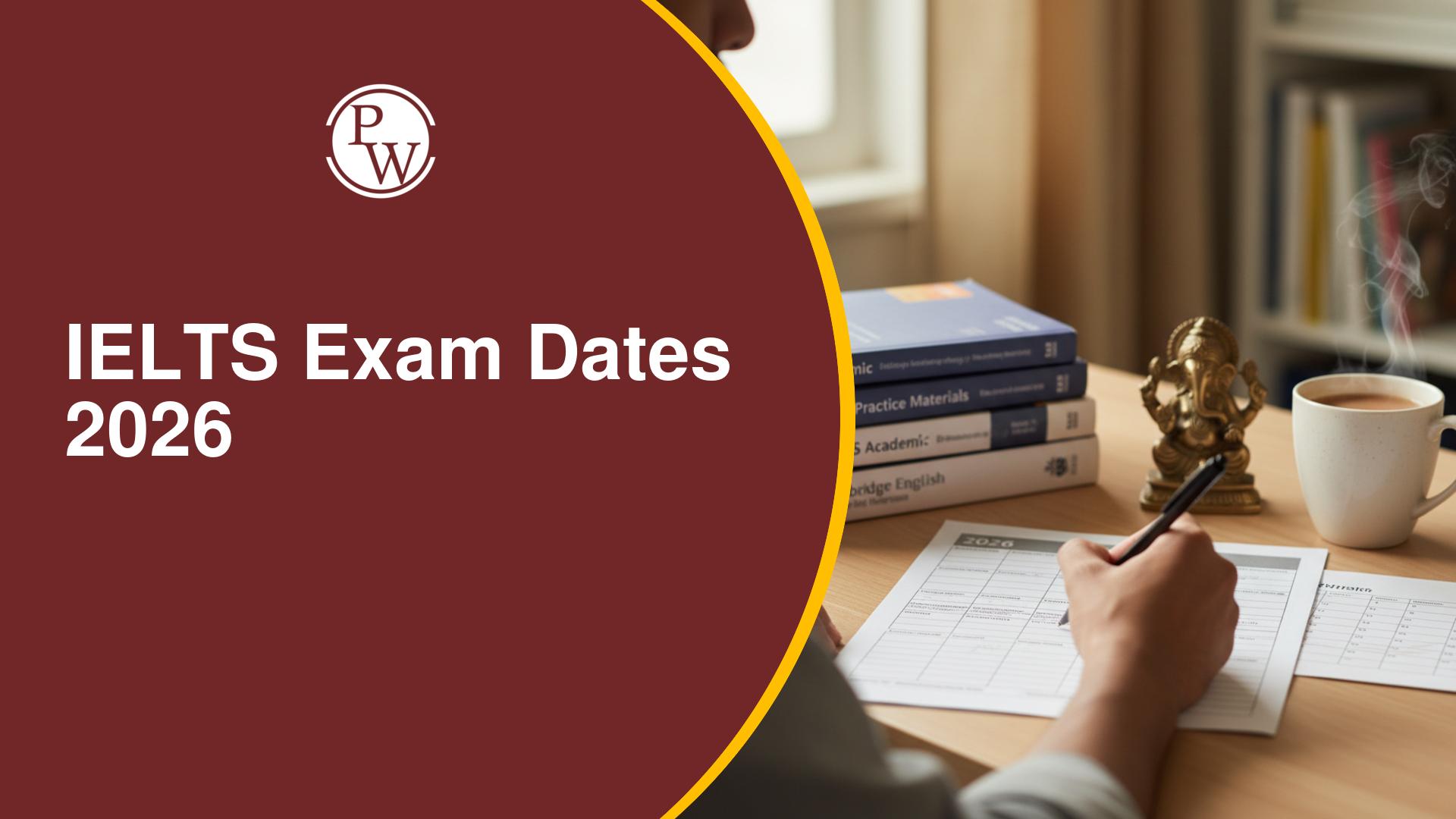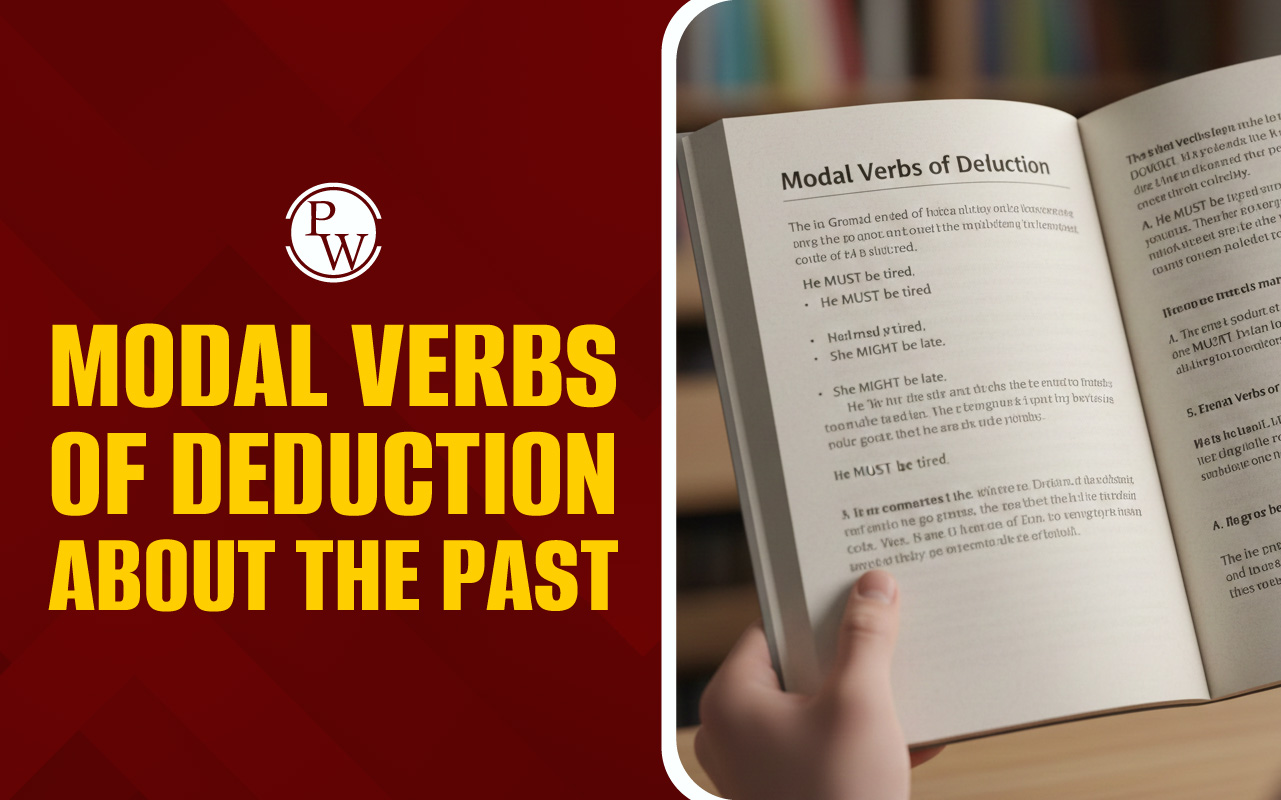
IELTS Emotions Cue Cards: The IELTS Speaking section often features cue cards related to emotions, where candidates are asked to describe feelings or emotional experiences. You may be asked to describe emotions such as happiness, sorrow, jealousy, love, or hatred.
The challenge is to communicate these emotions effectively using a rich vocabulary and varied expressions. These cue cards are designed to test your language proficiency, vocabulary, and ability to express emotions concisely and coherently. In this article, we’ll explore how to handle emotion-based IELTS cue cards, key vocabulary, synonyms for emotions, and common cue card topics.Common IELTS Emotions Cue Cards
Let us go through some of the common emotions-based cue cards:-- Happiness : You might be asked to describe a time you were extremely happy. The key is to avoid repetition and use diverse synonyms to express happiness, such as "joy," "merriment," or "glee."
- Sorrow : Describing sadness without being overly dramatic is crucial. Use phrases like "in low spirits" or "full of sorrow."
- Jealousy : Instead of simply stating that you were jealous, express it creatively, e.g., "I was green with envy."
- Love : Describing love can be tricky; instead of clichéd phrases, opt for phrases like "to be smitten."
Check:-
Essential Vocabulary for Expressing Emotions
The right vocabulary can make a significant difference in scoring well in IELTS Speaking . Below is a table that summarizes commonly used synonyms for emotions that you can incorporate in your IELTS cue cards.| Emotion | Synonyms |
|---|---|
| Happiness | Merriment, joy, contentment, glee |
| Sorrow | Regret, ache, agony, anguish |
| Jealousy | Green with envy, bitterness |
| Love | Infatuation, affection, fondness |
| Anger | Fury, rage, wrath, resentment |
Example Do's and Don’ts for IELTS Emotions Cue Cards
Example 1: Happiness
- Do : "I was over the moon when I read the letter. It conveyed the intensity of my friend’s merriment in Hawaii. I was glad he wrote to me."
- Don’t : "I was happy when I read the letter. It conveyed the intensity of my friend’s happiness in Hawaii. I was happy that he wrote to me."
Example 2: Jealousy
- Do : "When I saw my friend's new car, I was green with envy."
- Don’t : "I was very jealous when I saw my friend's new car."
Also Check:
Strategies for Answering IELTS Emotion Cue Cards
When describing an emotion, it is important to stay objective and avoid delving too deep into personal feelings. Keep your sentences grammatically correct, avoid redundancy, and ensure you use appropriate vocabulary to describe emotions. Using idiomatic expressions or phrases like "in seventh heaven" (for happiness) or "in low spirits" (for sorrow) adds richness to your speech and can help you score higher. Here’s a tip: emotion-related questions often test your ability to use varied expressions for the same feeling, so learning synonyms is essential. Use a range of phrases to avoid repetition.IELTS Writing Task 2 Problem-Solution Essays and How They Relate
Emotion-based cue cards in IELTS can also be linked to problem-solution essays in IELTS Writing Task 2 . While discussing emotions, you might also highlight challenges or problems you faced and the solutions you applied to overcome them. For instance, if you’re describing stress (a negative emotion), you could explain how you managed or resolved it.| Writing Task 2 Elements | Details |
|---|---|
| Problem | Describing an emotional challenge (e.g., stress or jealousy) |
| Solution | Explaining how you managed the situation |
| Vocabulary | Use of appropriate emotional vocabulary and problem-solving terms |
Writing Task 1 vs. Writing Task 2 in IELTS
While Writing Task 1 focuses on data and factual descriptions, Writing Task 2 often touches on subjective topics, such as emotional experiences. This distinction is important to note while preparing for the IELTS exam. In cue card tasks, you should aim to express emotions effectively, much like you would develop subjective arguments in Task 2.Also Check:
- IELTS Speaking Vocabulary
- IELTS Speaking Practice Tests
- Family Vocabulary for ielts speaking part 1
- Idioms for IELTS Speaking
Common IELTS Cue Cards Related to Emotions
Below is a list of common emotion-related cue card topics you might encounter in the IELTS exam:| Cue Card Topic | Description |
|---|---|
| Describe how you behaved in a stressful situation | Share how you managed your emotions during a tough moment |
| A disagreement with a friend | Discuss the emotional impact of a disagreement and how you resolved it |
| Describe an ambition you have not achieved yet | Highlight your emotions about unfulfilled goals |
| Describe a time you used your imagination | Explain how you felt when imagining something and how it affected you |
| A situation that made you angry | Share a story where anger played a role, and how you dealt with the situation |
| Describe a positive experience when you were a teenager | Talk about a happy or meaningful experience during your teenage years |
Sample Answer for an Emotion Cue Card
Cue Card: "Describe a situation that made you very happy."
Answer: "I remember the day I received the news that I had been accepted into my dream university. I was absolutely over the moon. It was as if I had been transported to seventh heaven. All the hard work I had put into my studies finally paid off. My family shared in my joy, and we celebrated the moment with immense merriment and glee. Even now, thinking back to that moment fills me with a deep sense of contentment and joy."
IELTS Object Cue Cards FAQs
Q1. What are IELTS emotion cue cards?
Q2. How should I describe emotions in the IELTS cue cards?
Q3. Can I use idioms to describe emotions in IELTS?
Q4. Are there specific emotion-related topics in IELTS cue cards?
Q5. How important is vocabulary in emotion-based cue cards?







